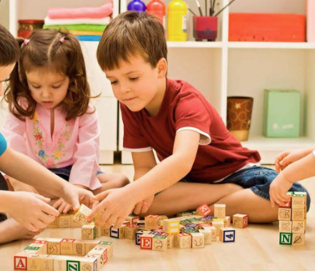The Reggio Emilia approach is a well-regarded educational philosophy that originated in the town of Reggio Emilia in northern Italy shortly after World War II. Known for its child-centered and community-based practices, this approach emphasizes creativity, exploration, and collaboration in early childhood education.
A Child-Led Philosophy
At the heart of the Reggio Emilia approach is the belief that children are capable, curious, and full of potential. Instead of following a rigid curriculum, educators observe children’s interests and use those observations to guide learning experiences. This flexible, responsive style allows young learners to play an active role in their education.
The Environment as a Teacher
Classrooms in Reggio-inspired settings are thoughtfully designed to inspire discovery. Natural light, open spaces, and carefully selected materials invite children to explore, question, and interact. Often called the “third teacher,” the learning environment encourages both independence and collaboration among students.
Teachers as Co-Learners
In this approach, teachers are not just instructors—they are partners in learning. They listen carefully to children’s questions and ideas and then build lessons and activities around them. This method fosters deep engagement and meaningful learning, as children feel seen and heard in their educational journey.
The Role of Documentation
Another hallmark of the Reggio Emilia philosophy is the practice of documenting children’s work through photos, drawings, and written observations. These records help educators reflect on progress and give families insight into the learning process. Displaying children’s work also validates their efforts and builds a sense of pride.
Family and Community Engagement
Reggio Emilia education strongly values the role of families. Parents are seen as partners and are regularly invited to participate in classroom activities, events, and discussions. This connection between home and school reinforces learning and builds a sense of community around the child.
Why It Matters
The Reggio Emilia approach supports children’s natural love of learning and encourages skills like communication, critical thinking, and collaboration—abilities that are important not just in school, but throughout life. While it originated in Italy, its principles have influenced early education programs around the world.
Final Thoughts
Choosing an educational philosophy that aligns with your child’s needs and values can make a meaningful difference. The Reggio Emilia approach offers a respectful, thoughtful way to nurture curiosity and build strong foundations for lifelong learning.


